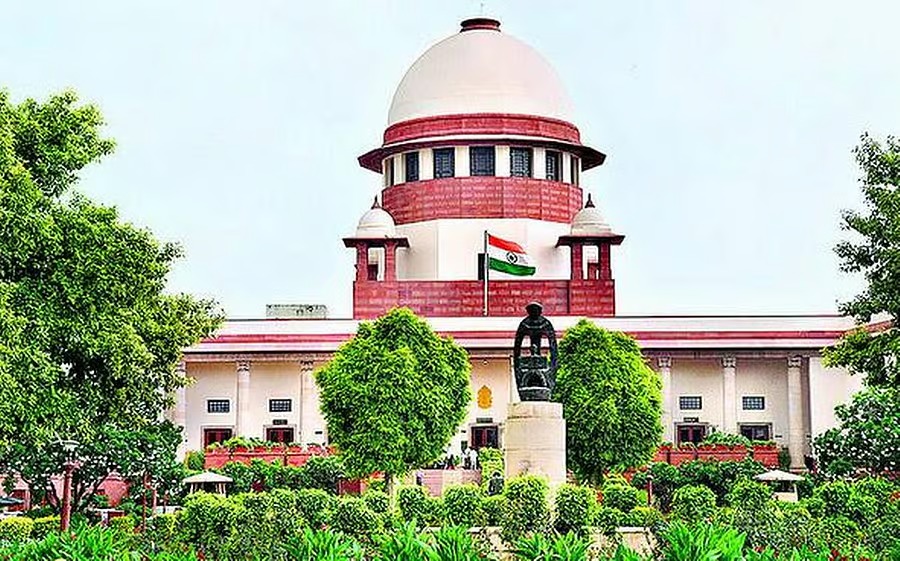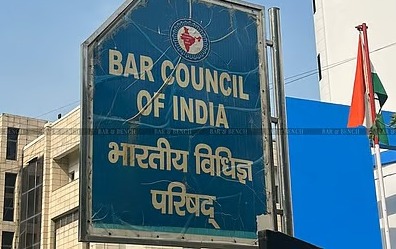Manisana, J.@mdashIn this application under Article 226 of the Constitution of India, the Petitioner Shri S.K. Ghosh has challenged the decision and recommendation of the Selection Board and the approval of the Government of Assam to the recommendation made by the Selection Board for appointment to the post of Additional Chief Engineer in the Flood Control Department.
2. The facts giving rise to this petition, in brief, are thus. The following are the Superintending Engineers in order of seniority :-- Sarva Shri (1) S.K. Ghosh (2) P. Bora, (3) J.C. Barua, (4) S.T. Rahman (5) T.N. Barman, (6) N.K. Choudhury, (7) J.N. Dass and (8) N. Amin. For two (2) vacancies of the posts of Additional Chief Engineer, Flood Control Department, the Selection Board considered the case of eight (8) officers above-named for filling up the vacancies by promotion. The method of selection for promotion is : ''seniority-cum-merit''. The Selection Board recommended the name of Sarva Shri P. Bora, J.C. Barua, T.N. Barman and N.K. Choudhury in this order of preference in the meeting of the Selection Board held on 20.2.90. The Government of Assam, the appointing authority, has approved the recommendation on 2.3.90.
3. Mr. J.P. Bhattacharjee, the learned Counsel for the Petitioner, has challenged the decision and recommendation of the Selection Board on the ground that the Selection Board has while taking decision for selection, not given reasons in writing as to why the Petitioner S.K. Ghosh, who is the senior most officer among those in the field of Choice, has not been recommended and therefore, there has been violation of Rule 13(5) of the Assam Engineering (Flood Control Department) Service Rules, 1981, ''Rules'' for short, as amended by the Assam Engineering (Flood Control) Amendment Rules, 1984.
4. Mr. P. Prasad, the learned senior government advocate, as well as Mr. A.M. Mazumdar, the learned Counsel for the Respondent No--3, have contended that there has been no violation of any of the provisions of the Rules as reasons have been given if not expressly but by necessary implications.
5. The question which, therefore, arises for consideration is whether Rule 13(5) of the Rules has been violated. Rule 13(2)(b) of the Rules provides inter alia, that the appointing authority shall furnish to the Selection Board the Character rolls and personal files of the officers. Rule 13(5) provides that the Selection Board, after examination of the documents and information furnished by the appointing authority shall recommend to the appointing authority a list of officers about double the probable number of vacancies, in order of preference, found suitable for promotion. In case the Selection Board does not consider an officer suitable for promotion according to "seniority" it Shall record the reasons thereof in writing and forward those reasons to the appointing authority together with the list.
6. The object of recording reasons is for fair play in action and to prevent miscarriage of justice, or to safeguard possible injustice or arbitrariness in making the selection. The aggrieved persons are also entitled to a just and reasonable treatment as a member of the public service. Therefore, it is incumbent on the Selection Board to state reason for the decision in a manner which would disclose how the record of each officer superseded stands in relation to the record of Ors. who are to be preferred, and how the Selection Board applied its mind to the subject matter for a decision, the more so, as the appointing authority is not bound to accept the recommendation of the Selection Board.
7. In the present case, on perusal of the records of the proceedings of the Selection Board we find that on the basis of marking based on the character rolls only the four parsons named-above were recommended. It also appears from the records that Shri P. Bora secured 0.5 mark more than the Petitioner Sri S.K. Ghosh who is the senior most ; that the recommendation has been on the bash of merit; and that the Selection Board has not given reasons in the tight of observation above. Moreover, the records of the proceedings do not indicate that personal files of the officers have been considered.
8. The learned Senior Government Advocate Mr. P. Prasad as well as Mr. A.M. Mazumdar, the learned Counsel for Respondent--3, have contended that the proceedings indicate that the reasons have been given by necessary implication if not expressly. The submission of the learned Counsel is that although the Petitioner is the senior most, he secured less marks than the four juniors recommended to the Government and therefore, the Petitioner was not found fit and was passed over. In such circumstances, reasons have been given by necessary implication.
Mr. Mazumdar, the learned Counsel for Respondent--3, has referred us to a decision of this Court in Abdul Fatal v. Assam Administrative Tribunal 1990 (1) GLJ 108. Decision in that case does not help the Respondents as this Court was dealing with a case where the method of selection for promotion was baaed on merit and not on "seniority-cum merit."
9. Under Rule 13(4)(d) of the Rules as amended by the Amendment Rules of 1984, the promotion is to be made by selection on the basis of seniority-cum-merit, that if, the seniority subject to fitness of the candidate to discharge the duties of the post from any person eligible for promotion. Rule 13(5) provides that the Selection Board shall give reasons in writing if an officer is not suitable for promotion according to seniority. We have already concluded that it is Incumbent on the Selection Bond to state reasons for the decision in a manner which would disclose bow the record of each officer superseded stands in relation to the record of Ors. who are to be preferred. In this view of the matter, the Selection Board should give clear reasons as to how a senior officer is found unfit for promotion in the light of the discussion above, but the Selection Board has failed to do so. Therefore, the contention of the learned Counsel cannot be accepted.
10. The next question which arises for consideration is what would be affect of the omission to give reasons by the Selection Board. We are of the opinion that the decision of the Selection Board cannot be interfered with, if there is breach of some provisions of law or defect of procedure affecting ultimate decision of the Selection Board as the judicial review is directed against "the decision making process" and not "against the decision". The present is a case where there has been omission to give reasons in violation of Rule 13(5). It has already been concluded that it is incumbent on the Selection Board to state reasons for a decision in a manner which would disclose bow record of each officer superseded stands in relation to the records of Ors. who are to be preferred. If the Selection Board applied its mind and give reasons to the subject matter for the decision in the light of the observations above, the decision of the Board might have been otherwise. Therefore the breach of the Rule 13(5) is a manifest error of procedure affecting or vitiating the decision of the Selection Board.
11. For the foregoing reasons, the petition is allowed and the decision of the Selection Board and its recommendation and the approval of the recommendation made by the Government are quashed. The Selection Board shall reconsider the entire matters afresh. With the above observations and direction, the petition is allowed and disposed of. No costs.

